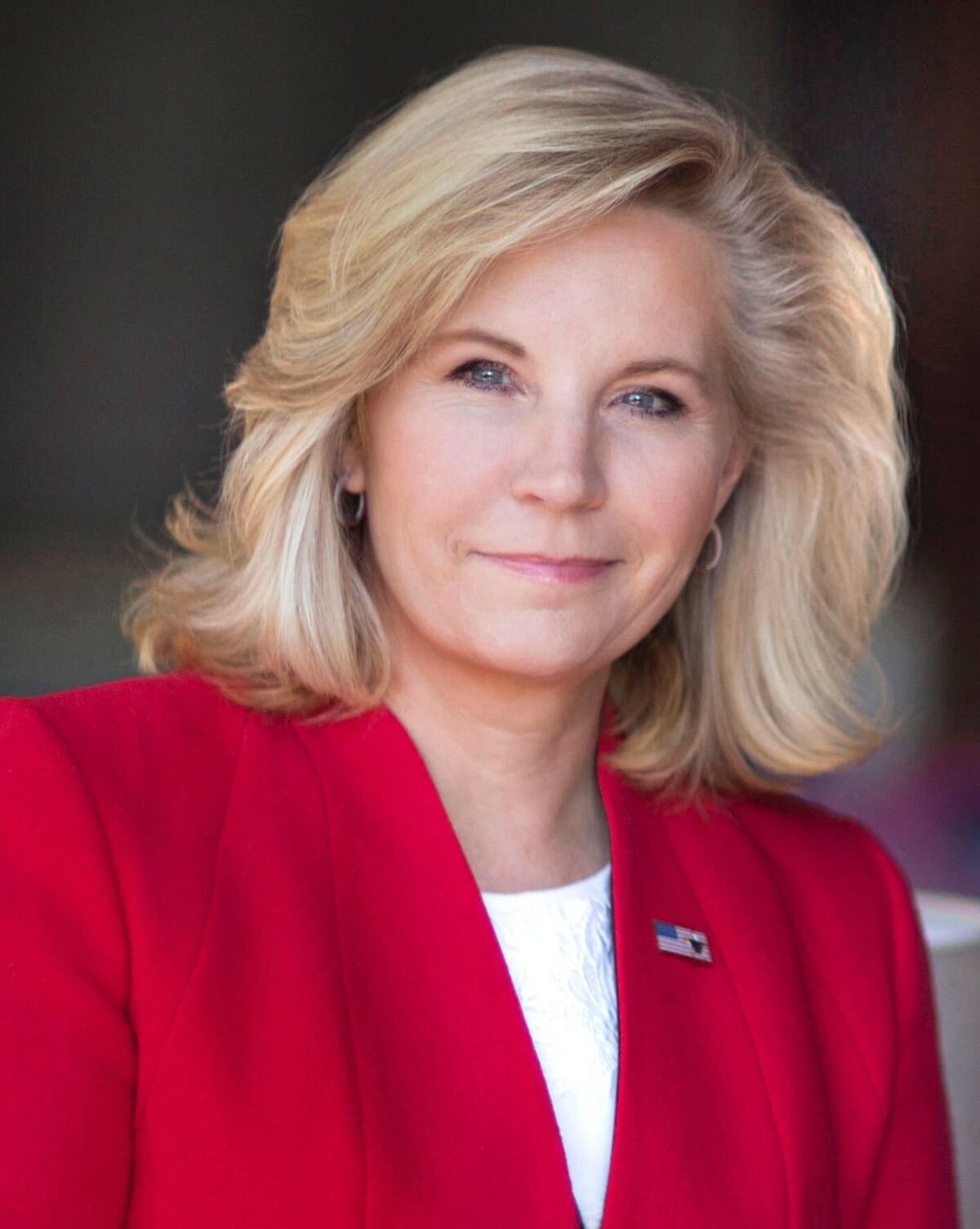What kind of year has it been for you, for our global community? For many, it has been an “annus horribilis,” to borrow from what Queen Elizabeth II said of 1992. (Chuck and Di divorced. Windsor Castle burned. Your Majesty, we felt your pain.) People have lost loved ones, jobs, homes and their health to the coronavirus. Their loss and grief are incalculable, as are our feelings of inadequacy in trying to help them.
For others, it’s been “the best of times, the worst of times,” to quote another Briton, Charles Dickens. They have not lost their health, loved ones, jobs and homes. Instead they are working from and on their homes, using their extra time to acquire new skills, take up a language, a sport or an art, exercising and losing weight and generally getting their lives in order. They’ve made money in the market, as tech and pharma stocks help buoy the Dow, and have even earned honors. Or maybe they haven’t endured any losses but they’re struggling with a number of challenges, like the kids’ schooling.
In any event, it’s hard for them to take much pleasure and pride in their accomplishments and blessings with so much suffering around them — and with the occasional curve ball thrown their way. They’re having what we might call a Novak Djokovic kind of year.
Read more…
Read More





